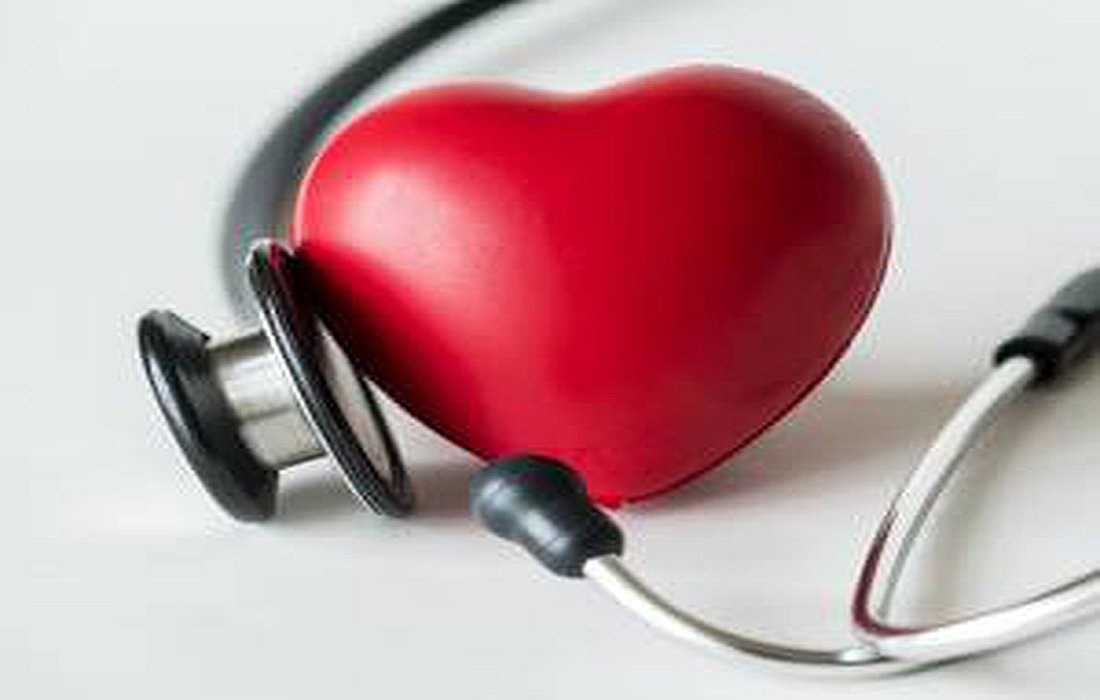CardiologistWhat is a heart and vascular specialist?
In simple terms, heart and vascular specialists are doctors who work with the heart and blood vessels. They diagnose, treat, and manage heart diseases to prevent them. A heart specialist acts as a consultant to other doctors and visits patients with heart problems.
The field of heart and vascular care is complex. Cardiology specialists undergo comprehensive training:
Four years of medical school, three years of internal medicine training, and then three or more years in specialized heart and vascular training. To understand the complexities of the human heart, cardiologists study and train for ten years or more, and due to the widespread threat of heart diseases, they need to be trained more than ever.
Heart disease is the leading cause of death for both men and women in the United States. One in four deaths can be attributed to heart disease. Given that the heart is such a vital organ, cardiovascular care is an essential area of medicine.
What does a cardiologist or heart and vascular specialist do?
Most patients visit a cardiologist after seeing their primary care physician. They may be suffering from heart issues and experience symptoms such asshortness of breath,palpitations, changes in their electrocardiogram (ECG), orchest painthat a heart specialist can evaluate.
Cardiologists also play a role in more serious conditions like heart failure. They help patients recover from heart diseases and guide them on prevention methods. Heart specialists treat heart attacks, heart failure, and heart rhythm disorders. Their expertise is needed for procedures like cardiac catheterization, balloon angioplasty, and heart surgery.

Understanding the types of cardiologists “heart and vascular specialists”
There are various types of heart and vascular specialists, each focusing on different aspects of heart treatment (note that some cardiologists may combine the areas discussed in this health section of SelMagz):Non-invasive heart and vascular specialists:They examine patients, conduct heart consultations, and prescribe and interpret tests (like stress tests or ECGs). They decide the best treatment approaches using medications, lifestyle changes, or a combination of both. They also refer patients to heart surgeons if necessary.
Internal heart and vascular specialists:
They treat patients with coronary artery disease, valvular heart disease, and peripheral artery disease. They perform angioplasty and stenting procedures, embolism protection, atherectomy, and mitral valve repair.Non-internal heart and vascular specialists:They conduct the same tests and examinations as non-invasive heart specialists but can also perform minor procedures like cardiac catheterization (to address blocked arteries). If a blockage is found, the patient is referred to an internal heart and vascular specialist.
Electrophysiology heart and vascular specialists or heart rhythm specialists:
They implant devices like pacemakers, body monitors, and cardiac defibrillators to detect, track, and treat heart rhythm disorders, along with providing necessary medications.

9 reasons to see a cardiologist
Your primary care physician has referred you to a heart specialist. Your family doctor may notice a dangerous issue during your examination and feel it’s essential for your heart to be examined more closely by a cardiologist, or perhaps your personal or family history needs to be checked by the heart specialist. If your primary care physician refers you to a cardiologist, schedule an appointment immediately.
Family history
Do some research, map out your family tree, and ask family members about their health history. Heart diseases can have a strong genetic component. If you observe a pattern of heart disease, including cholesterol and
high blood pressure
, take necessary actions and get evaluated by a cardiologist.
High blood pressure
Regular blood pressure checks should start from age 20. If you notice an upward trend and your blood pressure is rising, it’s crucial to manage it. A cardiologist can help you manage your blood pressure. High blood pressure is a dangerous risk factor for both heart disease andstroke.

High cholesterolRising cholesterol levels
often go unnoticed and are difficult to manage. As one of the most significant risk factors for heart disease, keeping cholesterol under control is very important.History of preeclampsiaAccording to research from the Preeclampsia Foundation, studies have shown that women with a history of high blood pressure during
pregnancy
or postpartum have doubled their risk of developing heart disease. This risk may be even higher for those who give birth to premature babies or suffer from the condition multiple times. It doesn’t hurt to be cautious! If you have experienced preeclampsia in any of yourpregnancies
, it’s best to have your heart checked.
Your heart age may be older than your actual age. Do you know your overall risk for heart disease? If the answer is no, take the time to find out.SmokingIf you smoke or have smoked, meeting with a cardiologist might not be a bad idea. Smoking at any point in your life increases your risk of heart disease and is a major risk factor overall.You havedeveloped diabetes
Adults with diabetes are two to four times more likely to develop heart disease than those without diabetes. The American Heart Association lists diabetes as one of the seven major risk factors for heart disease. Act to control it.
Congenital heart disease in childhood
One common misconception about those born with congenital heart disease is that once a child stabilizes structurally, they don’t need ongoing care. This is not true. In fact, the quality of life for adults who underwent CHD surgery in childhood significantly improves with regular check-ups with a heart and vascular specialist in adulthood.

CardiologistThe work of a heart and vascular specialistchest pain
Internal heart and vascular specialists
family
hereditary heart disease







